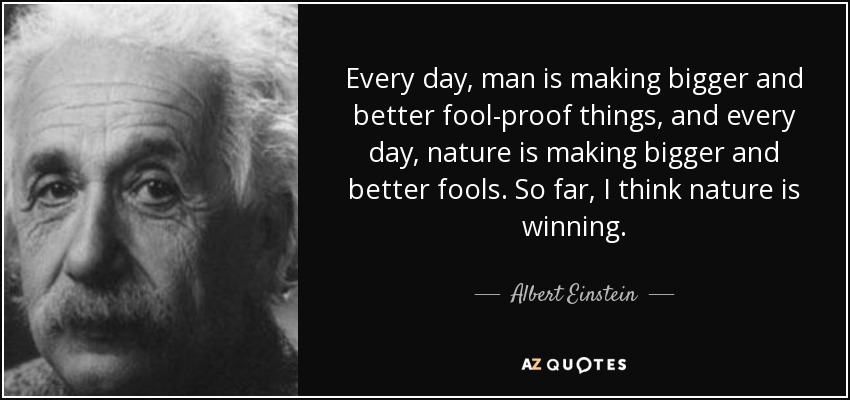The purpose of this blog is to meet deadline at the Friday night dinner table.
Mazal tov to our daughter Devorah becoming bat mitzvah this week.
Mazal tov to our daughter Devorah becoming bat mitzvah this week.
 There is an ancient Jewish custom to bless our children Friday night.
Girls get the blessing, "May God make you like Sarah, Rivka (Rebecca),
Rachel and Leah. Fair enough, those are four of the greatest.
There is an ancient Jewish custom to bless our children Friday night.
Girls get the blessing, "May God make you like Sarah, Rivka (Rebecca),
Rachel and Leah. Fair enough, those are four of the greatest.But boys get the blessing, "May God make you like Ephraim and Menashe."
Not like Avraham, Yizchak, or Yaakov. Not like Yoseph or Moshe or Aharon nor even like King David.
Rather, be like Ephraim and Menashe, the two sons of Yoseph, who were famous for ______?
Try using that as your first question for the table this week.
If everyone responds with a bewildered stare, you can say, "You're all right! Ephraim and Menashe didn't do anything worthy of inclusion in the Torah!"
So what's the point of the blessing? Because unlike so many who came before and after them, they lived with zero envy, despite their inequality.
Second question for your table: Do girls in general need such a blessing as much as boys?
Our daughter Devorah is the kind of girl who does not need it. She is way beyond petty envy or rivalry. She is genuinely happy for the success of others - even her sister.
We are proud her for this and many other qualities she has developed in herself, and in honor of her becoming Bat Mitzvah this week, here is her original Dvar Torah.
+ + + + + + + + + + + +
This week's parsha, Vayechi, is mainly about Yaakov Avinu’s (Jacob's) death in Mitrayaim (Egypt) and burial in Eretz Yisrael (Israel).
The parsha says:
“Va'yickuru y'may Yisroel lamos v’yickra l'veino l'Yosef vayomar lo sim na yadcha tachas yrechi usisu imadee chesed v’emes: al na tik'b'rni b'Mitzraim.”
When Yaakov realized his end was near he called for his son Yosef and said, “Swear to me that you will do me a kindness and truth, and do not bury me in Egypt; bury me in Eretz Yisroel with my fathers...."
It’s strange the way Yaakov says chesed v’emes — “kindness and truth”. Why does he say it like that?
Rashi says we should read Yaakov’s words as if he says, “Chesed shel Emes” — Kindness of truth, because that's a well-known expression that means to bury somebody.
In other words, Rashi is saying that it makes more sense for Yaakov to say “kindness of truth,” than “kindness and truth.”
But that’s not what Yaakov says. He says “chesed v’emes” – kindness and truth. If he means 'kindness of truth", why doesn't he say it? If "kindness and truth" doesn’t make sense, then why does he say it? Why not just say “chesed” — do me a kindness?
What is he adding when he says “and truth”?
Rashi then quotes a Midrash that gives three reasons Yaakov insisted on being buried in Eretz Yisroel and not in Mitzraim. The reasons have to do with both the merit of being buried in the Holy Land and the detriment of his body remaining in Egypt.
But why does it really matter? Why does he care so much about what will happen after he has died?
The Ohr HaChaim provides a mashal (parable):
Once there was a king, he decided to appoint people to make a piece of jewelry out of diamonds, so he appointed the people to do the task. Each person got its own amount of diamonds and time limit. Finally the day came, and all the people came with their “piece of art.” but it wasn’t really a piece of art so the king was not so happy, he saw that nobody put time and effort on this task that he assigned, it either wasn’t finished, or the pieces were was just not nice looking, it was just looking like junk. So the king was furious about this, and ordered for them all to be killed!
The nimshal (the meaning of the parable) is:
God is the king, and we are the people who are making a piece of jewelry. And our jewelry is each day of one’s life. Each day is another step up to be closer to God. But we have a deadline when we move on to the next world. After that, we can’t get any closer to God.
A tzaddik like Yaakov works to be closer to Hashem in everything he does. Even in his burial, which is after he’s dead! So that is what he means by asking Yoseph to act with truth and not with mere kindness. Yaakov is trying to be truthful about every detail – even about where he is buried. It is not just a favor he is asking his son. He is not just asking for respect. He is asking for something based on truth and holiness.
We should learn from this that even in our daily lives, we should be careful with the details and make every day a jewel. We should always choose what’s best for us, meaning what is true. And that's why we need Torah. To bring us closer to truth, before our deadline.
+ + + + + + + + + + + +
Shabbat Shalom
PS - Interested in a last-minute tax deduction for 2017? Consider supporting this email and JSL's overall mission, by clicking here.













